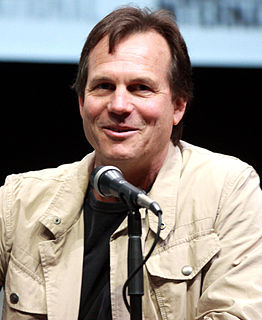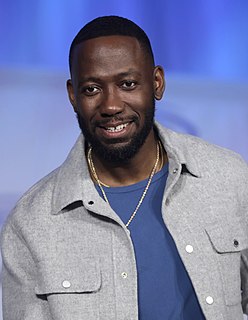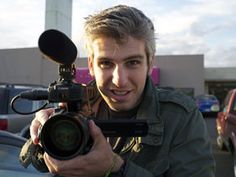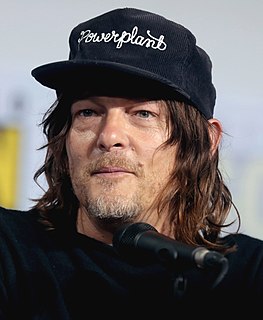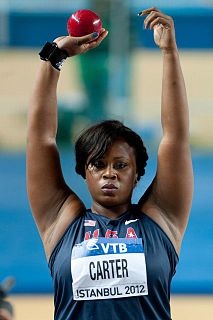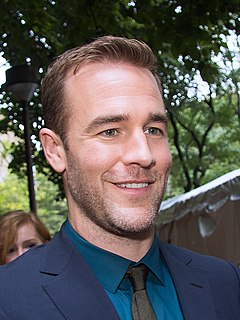A Quote by Bill Paxton
A good filmmaker is someone who can look at a piece and go, "This camera's really going to be a character. I want people to feel like they're being punched."
Related Quotes
I have received the digital camera as a blessing. It has really changed my life as a filmmaker, because I don't use my camera anymore as a camera. I don't feel it as a camera. I feel it as a friend, as something that doesn't make an impression on people, that doesn't make them feel uncomfortable, and that is completely forgotten in my way of approaching life and people and film.
Being behind the camera you have control; you have the ability to make decisions for characters, for where the story line's going to go, how you want to put it out there, how you want to edit it. Acting is like where you paint on the canvas, and being behind the camera is like being either the paint or the paintbrush. They're both a part of the creative process, it's just that they have two different functions.
Well, besides being entertained, I’d like to move them emotionally. I mean I really want to uplift them. I want to look down at the audience, and this is personal experiences now I’m going to tell you. It’s like you look down at the audience and see people smiling, crying, hugging each other. I want them on their way home to feel empowered like they can do anything.
I don't want the people I'm with on this journey to feel like I'm filming them all the time. I don't want them to constantly feel as though they're being watched. So I will have the camera ready at all times, but I will only film when something is really worth filming. Those are the moments when the person being filmed is usually not aware of it.
There's a happiness about me, a confidence and a happiness that I didn't have when I was younger. You feel good inside, you look good outside. I feel like I look like somebody who's having a good life, who's enjoying it a little better than I did before. You can be really good-looking in your twenties but feel miserable, and people just sort of walk away.
For a couple of years, being professional, I kind of questioned myself. Should I wear my false lashes or take the time I want to take so I can feel good when I go out on the field? Because nobody else was really doing that. And I thought, No: I'm not going to change what I believe I should look like to fit anybody else's standards.
When you go for something because you're curious about it, you get psyched up about the chance of getting into it. It's like an actor meets a role, and you slip into that body and see what happens, to experience certain conditions, to adopt a certain character. Even shooting is a study of the character. I think both the character and the actor, and eventually the filmmaker - myself - are finding a way to accept their environment and being accepted and feel comfortable of themselves.
I have a gut reaction to stuff that I read. Either it's a filmmaker that I really want to work with, or it's a story that I really want to be a part of and help serve, or there's a character that I feel I can bring something unique to. That's really what it's about. I would go crazy, if I just relied on the same tricks and did the same thing, all the time. It was just be no fun, at all. I really do need to try something different, every time out, and do something that scares me, a little bit.
